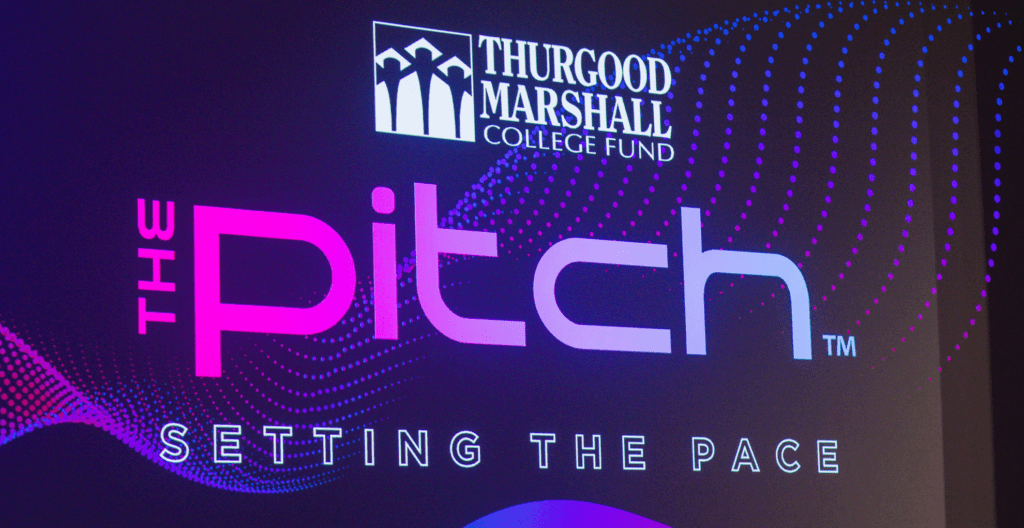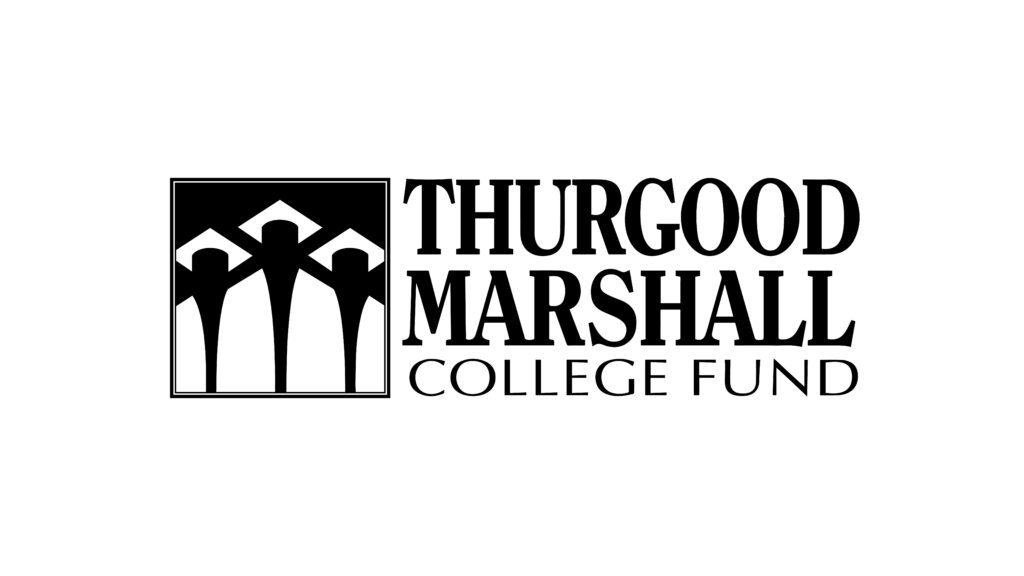According to the Philadelphia Tribune, The U.S. Senate has approved a pair of bills designed to strengthen the partnerships between federal agencies and historically Black colleges and universities throughout the country.
The HBCU Propelling Agency Relationships Towards a New Era of Results for Students Act, or HBCU PARTNERS Act, would require federal agencies with relevant grants and programs to expand participation of historically Black colleges and universities, share their plans with Congress, and track their progress toward their goals.
And the reintroduction of the HBCU Preservation Program would reauthorize funding for grants to restore historic buildings and sites on the campuses.
The legislation, which is supported by The United Negro College Fund and the National Trust for Historic Preservation, is expected to pass the House of Representatives and could become law within a matter of weeks.
“Partnerships are a high priority under our new strategic plan,” Lincoln University President Brenda Allen said in a statement to The Tribune. “Through a myriad of strategic partnerships, Lincoln works with local, regional, national and international partners to develop property, conduct research, solve community problems and contribute to the cultural life of the community.”
Allen noted that the HBCU Historic Preservation Program would provide “critical funding” to the historically Black university located in Chester County, which was founded in 1854.
As a point of comparison, public universities receive 43 percent of their revenues from grants, federal contracts, or appropriations on average, while HBCUs only receive approximately 1 percent. These startling statistics come courtesy of David K. Sheppard, the senior vice president of General Counsel for the Thurgood Marshall College Fund, a nonprofit that represents the Black college community.
“That’s a jarring statistic,” Sheppard told the Tribune. “In essence, what the legislation will do is allow our institutions to undertake the capacity building efforts that have been lacking to try to close the divide. “It’s not only simply about our HBCUs surviving, but thriving, legislation like the HBCU PARTNERS Act will set the stage to allow our HBCUs to thrive.”
According to the Pew Research Center, nearly 300,000 students attended HBCUs in 2015.
The Milford Beacon explains the act as such:
The act builds on the president’s 2017 executive order on HBCUs. It will require federal agencies with relevant grants and programs to undertake annual planning and coordinate their efforts to support and expand HBCU participation those programs. The bill strengthens the rigor and transparency requirements of existing law by requiring that agencies track their progress toward past goals and share their plans with Congress. In addition, it codifies the president’s board of advisers on HBCUs, ensuring an ongoing avenue for the institutions’ priorities and policy concerns to be raised.
Sheppard, who formerly served as vice president for legal and government affairs and general counsel at Delaware State University, is particularly fond of the fact that this legislation would provide Congress with oversight and ultimately enforcement.
“That is a relevant issue on every one of our campuses and being able to have those funds available to maintain those facilities and have them meet current federal law whether it’s related to the Americans with Disabilities Act or something else is imperative,” Sheppard said. “We do need those resources. Both pieces of legislation are important.”
Democratic Sen. Chris Coons, who introduced the HBCU PARTNERS Act with Republican Sen. Tim Scott, released the following statement:
“HBCUs today continue their tradition of opening higher education to new generations of students. They educate 300,000 students across the country, 70 percent of whom receive Pell grants and charge almost 30 percent less tuition than their peer institutions. I’m proud to make sure that federal agencies actively work to support HBCUs’ critical missions.”
By Jay Connor of the Root.



